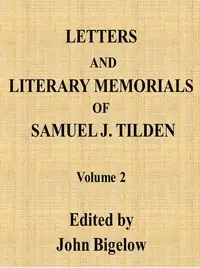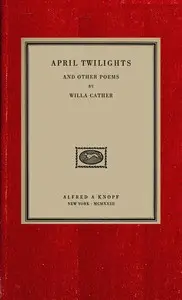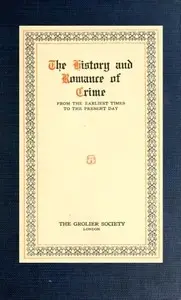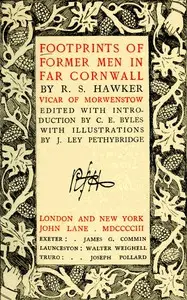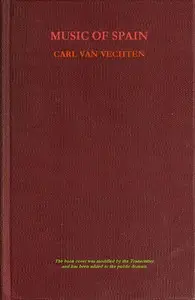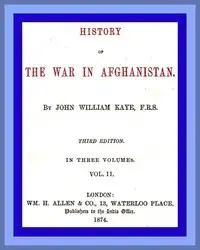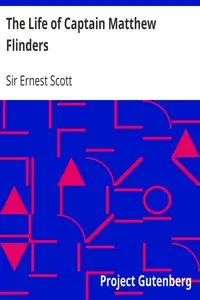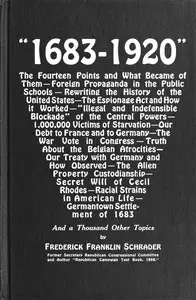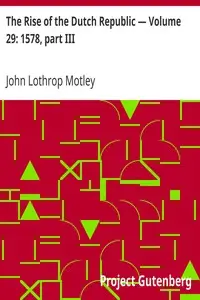"The Literary Discipline" by John Erskine is a series of essays on literary criticism written in the early 20th century. This work explores the principles and responsibilities of literature as an art form, discussing themes such as decency, originality, and the interpretation of human experience through written expression. The author draws on both classical and contemporary literary figures and philosophies to articulate his views, aiming to elevate literature as a reflective art rather than mere documentation of life. The opening of the work lays out the author’s mission to define and examine the concept of decency in literature, particularly amidst contemporary debates over censorship and moral standards. Erskine identifies two opposing sides: the moralists, who advocate for the suppression of what they deem indecent, and the writers, who often reject any form of restriction. He emphasizes the need for a clear definition of decency within literary contexts and invites writers to articulate their own understanding of decorum, suggesting that true decency in art lies not in mere emotional response but in the respect for the limitations inherent in communication through language. The discussion sets the stage for examining how literary expression can navigate complex human experiences while maintaining artistic integrity. (This is an automatically generated summary.)
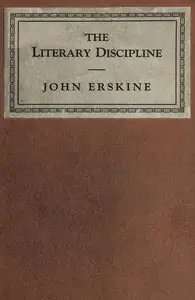
The Literary Discipline
By John Erskine
"The Literary Discipline" by John Erskine is a series of essays on literary criticism written in the early 20th century. This work explores the princi...
Genres
Released
2020-08-21
Formats
mobi
epub (images)
epub
mobi (images)
epub3 (images)
Free Download
Overview
About the Author
John Erskine was an American educator and author, pianist and composer. He was an English professor at Amherst College from 1903 to 1909, followed by Columbia University from 1909 to 1937. He was the first president of the Juilliard School of Music. During his tenure at Columbia University he formulated the General Honors Course—responsible for inspiring the influential Great Books movement. He published over 100 books, novels, criticism, and essays including his most important essay, The Moral Obligation to Be Intelligent (1915).
Total Reviews
10.0k
Total reviews from Goodreads may change


